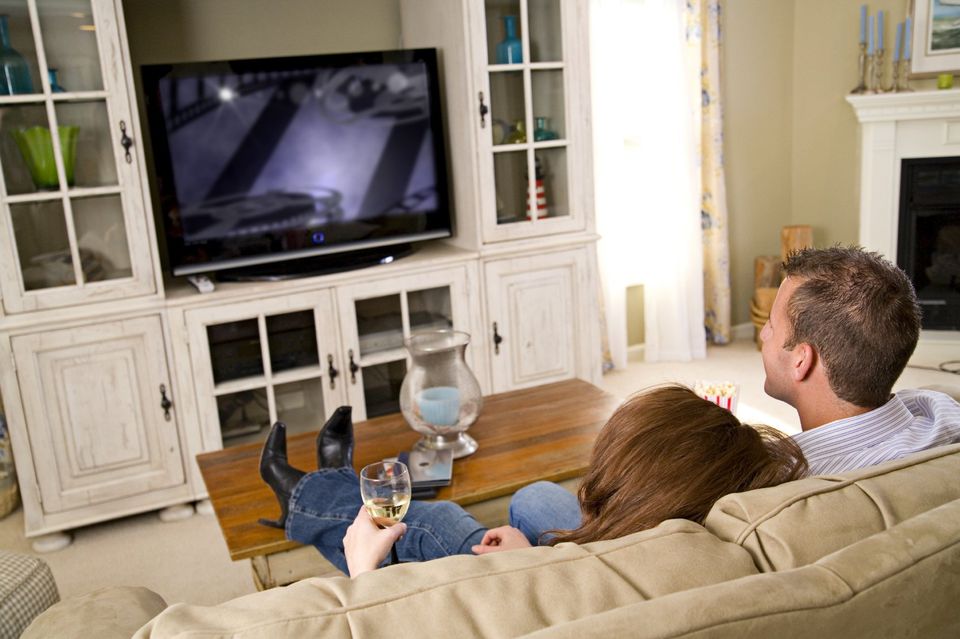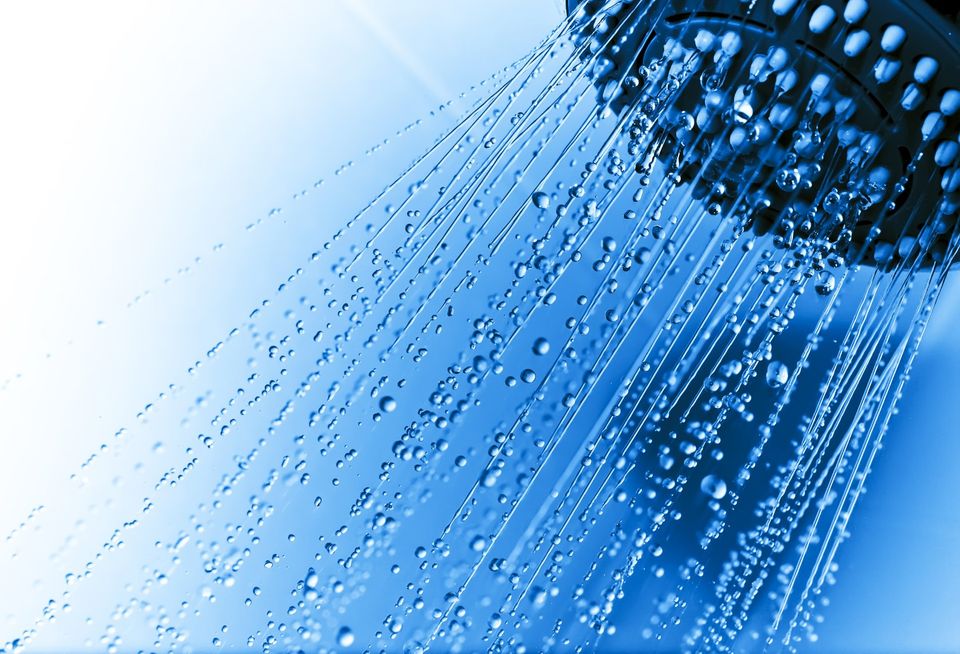For us, home is where the naps happen. For you, it might be any number of things. Is it that first taste of cool air on a hot Michigan summer day? Is it the smell of dinner cooking on the stove? Maybe it’s the big screen TV: you love to yell at it every Sunday and also to settle down under a blanket so you can watch a movie with your favorite people? If you’ve ever opened your utility bill and yelled words that you’re not proud of, then it’s time to consider how you can reduce the amount of energy that you use.
Your world at home, our world outside
For the most part, as long as the light comes on when we flip the switch, we're happy. It’s important to learn a little about where that energy comes from. The electricity in your home comes from a complicated and complex chain of power generating plants, transmission lines, and converting hubs that make the massive amount of power from the plants safe enough to come into your house so you can use it to power your light bulbs and charge your cell phones. Most of that electricity is made from sources that cause pollution. It’s better for the world, as well as your wallet, to only use the energy that you need.
Not just the kitchen sink
Water usage can seem like the smallest utility cost for a household. But the cost of that water is actually higher than you think. The biggest costs are happening far away from your kitchens and bathrooms. We have to treat the water that we send down the drain, which is called Wastewater, and we have to treat the water we want to drink too. It’s estimated that the wastewater and drinking water facilities use 30% or more of the energy that some municipal governments have to budget for. A more immediate cost to you can be heating the water you use to clean yourself. Taking those long showers can show a significant increase to your gas bill every month.
Keeping it cool, warming it up
In the summer and the winter, your HVAC system can be among the most costly appliances to run. Luckily, you can maximize your home for both the summer heat and the winter cold with these strategies for energy management. Older a/c units and furnaces use more energy. You can estimate how much the a/c unit, or the furnace is adding to your monthly energy bill.
Tried and true
It’s best to keep any appliance that works well operating at the top of its game. Regular maintenance of your HVAC systems will maximize the energy efficiency and extend the life of the unit for years. But rest assured, if you feel like your bills are growing beyond reason, Dean Mechanical will always a resource to inspect and assess the quality and efficiency of you HVAC units and will always give you honest, transparent advice on whether or not it’s time to replace and upgrade your old systems.


